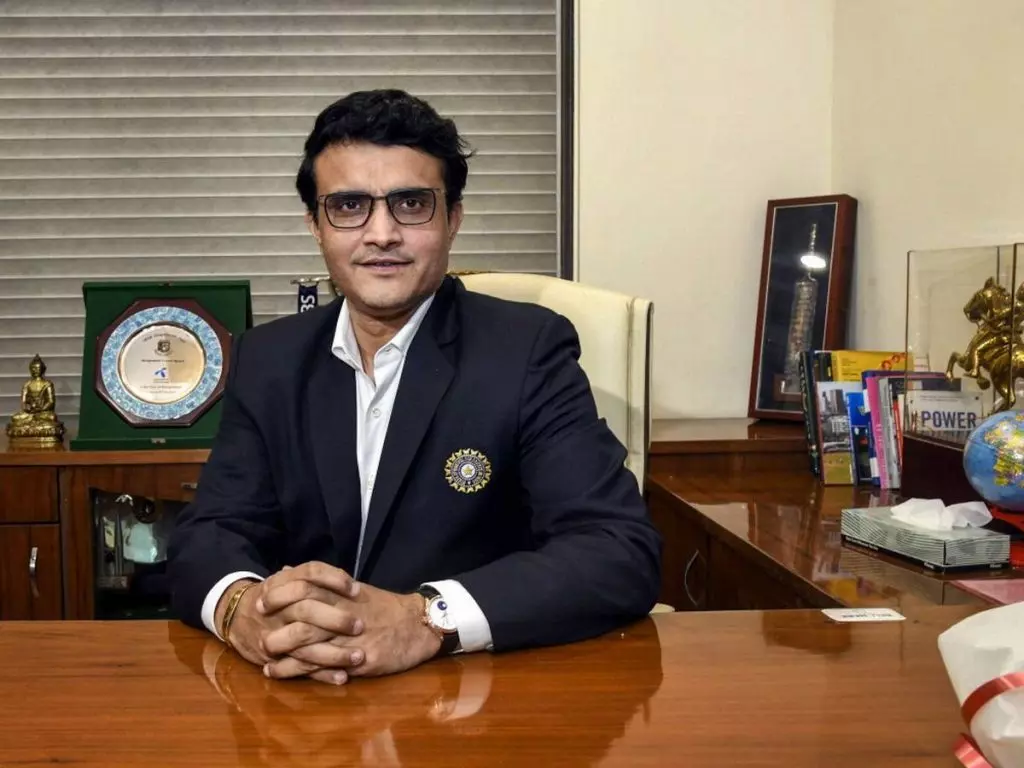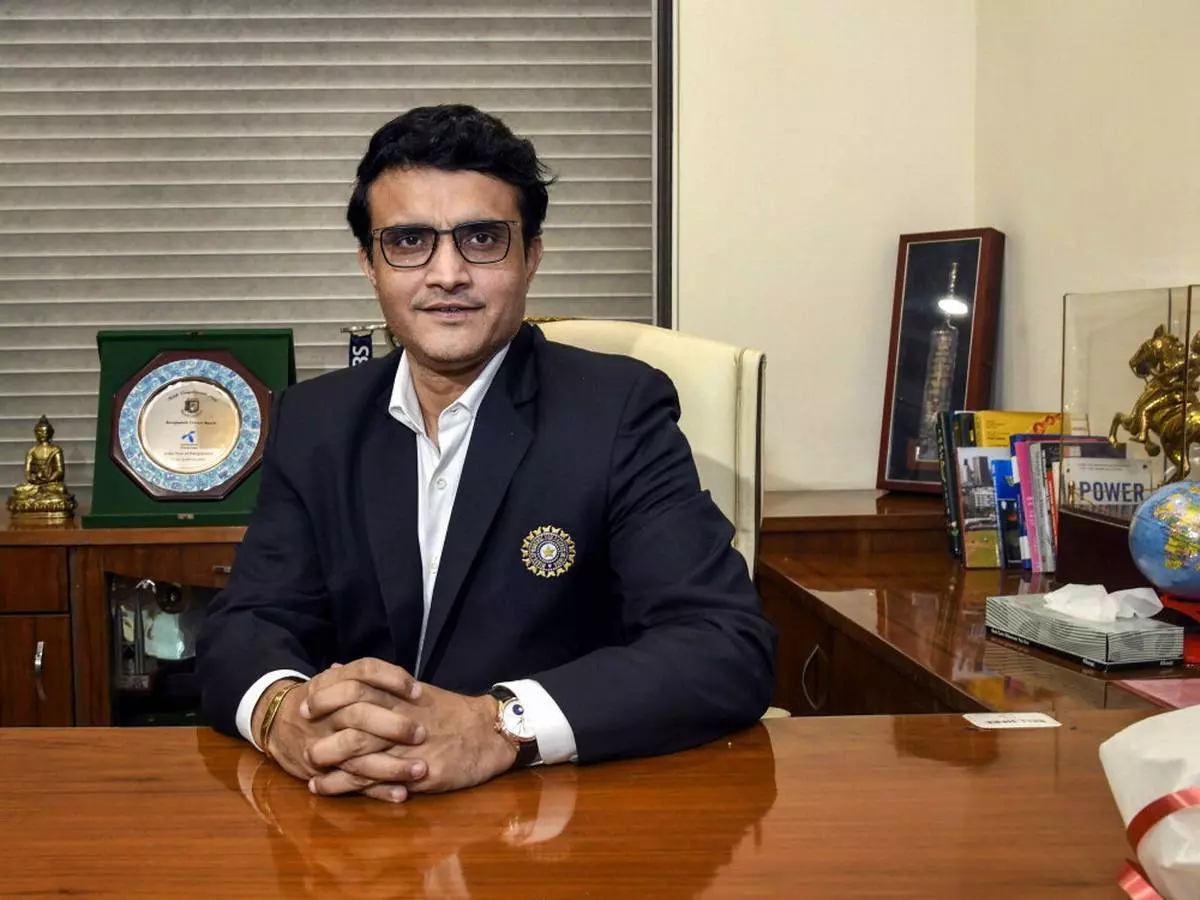The BCCI has just sounded the alarm for what will be the cricket industry’s most important battle cry over the next six months: the sale of Indian Premier League (IPL) media rights.
The Cricket Board stated in a statement late Tuesday, “IPL media rights tender for the cycle 2023-27 will be issued immediately following the appointment of two new IPL clubs.”
The two new clubs will be announced on October 25, therefore anticipate the BCCI to release the Invitation To Tender (ITT) for the IPL’s next media rights cycle before the end of October.
Here are some fundamentals at work: A) Rights will be sold through an e-auction, as mandated by the Supreme Court in 2017; B) Rights will be sold for a five-year period (BCCI discussed a three-year cycle but wisely decided against it); C) Rights will be bucketed for territories and platforms – Indian subcontinent / global / television / digital – and participants will be encouraged to bid for a combination of these.

The BCCI’s abrupt statement is also, in some ways, an attempt to kill two birds with one stone. BCCI has accomplished the following by making the statement early: 1) Rekindled enthusiasm among bidders interested in new franchises, knowing that the industry is busy estimating media rights values in excess of US$4 billion; 2) Provided potential bidders with time to organise their pre-bid and post-bid alliances; 3) Provided space and time for big-ticket companies like Disney and Sony, which have major operational controls in Indian markets but rely on their boards in the US for budget approval; 4) Pipped ICC to the media rights race as the game’s global governing body prepares to release its own ITT for the next eight-year rights cycle very soon.
The fourth reason remains crucial in the current environment, and it is related to ICC’s strategy for the next eight years, which was created by its previous CEO Manu Sawhney under the leadership of Shashank Manohar.
The ICC board of directors will meet on November 16 to discuss the flotation of its media rights offer. The BCCI is aware of it and has already informed its president, Sourav Ganguly, that he will vote against the proposal “Those keeping tabs on events say.
BCCI feels ICC management made a mistake by releasing the ITT for their eight-year cycle over 28 months before the cycle really begins. The BCCI thinks that the IPL tender document should be released first since the IPL’s new media rights cycle will begin in early 2023, but the ICC’s new media rights cycle will not begin until 2024.
“The 50-over World Cup is set to take place in October and November of 2023. That means that ICC’s new cycle will not begin until the end of 2023. So, what’s the rush, unless the ICC intends to purposefully target IPL and cause disruption? “Those in the know say. “Why would any federation launch its media rights tender 27 to 28 months ahead of time, especially in a sector where technology forces fast, unforeseen changes every six months?”
BCCI is right in its haste since it is also apprehensive of forces that have individually operated against its interests in the past.
Here is a list of reasons why the ICC’s decision is deemed “unjustified.” A) The International Criminal Court has yet to freeze host nations for its next eight-year rights cycle. While it did solicit requests for bids from full and associate member boards, no final decision on event allocation has been made; B) The ICC has failed to resolve tax concerns with member boards, notably India. The tax liability is 42.3 percent, and no country, let alone the Indian government, can guarantee exemptions three years in advance; C) ICC hasn’t yet worked out how bids will even be comparable if net-of-taxes must be applied, which is a complicated process in and of itself; D) The previously mentioned aspect – ICC’s new rights cycle doesn’t begin until 2024, so why the hurry?
“Of course, the ICC sees benefits in this decision, and here are a few examples: A) It’s a nice hedging strategy in which the ICC knows only one broadcaster will win IPL and others will ride the fear of being locked out of cricket; B) ICC may even be thinking bidders won’t keep IPL as sole priority and thus it can milk higher value in a competitive market; C) ICC can justify this move by saying media rights revenue from the eight-year cycle will give boards outside of India,
“However, all of these factors together do not justify the rush to construct a pitch alongside or ahead of the IPL. Unless, of course, the bigger picture isn’t bothered by another standoff with Indian cricket. The ICC is legitimate in introducing the ITT, but not always because there is established science behind it “say those keeping tabs on the situation.
The BCCI, typically a federation that tolerates ‘procrastination,’ is not taking this one lightly.
